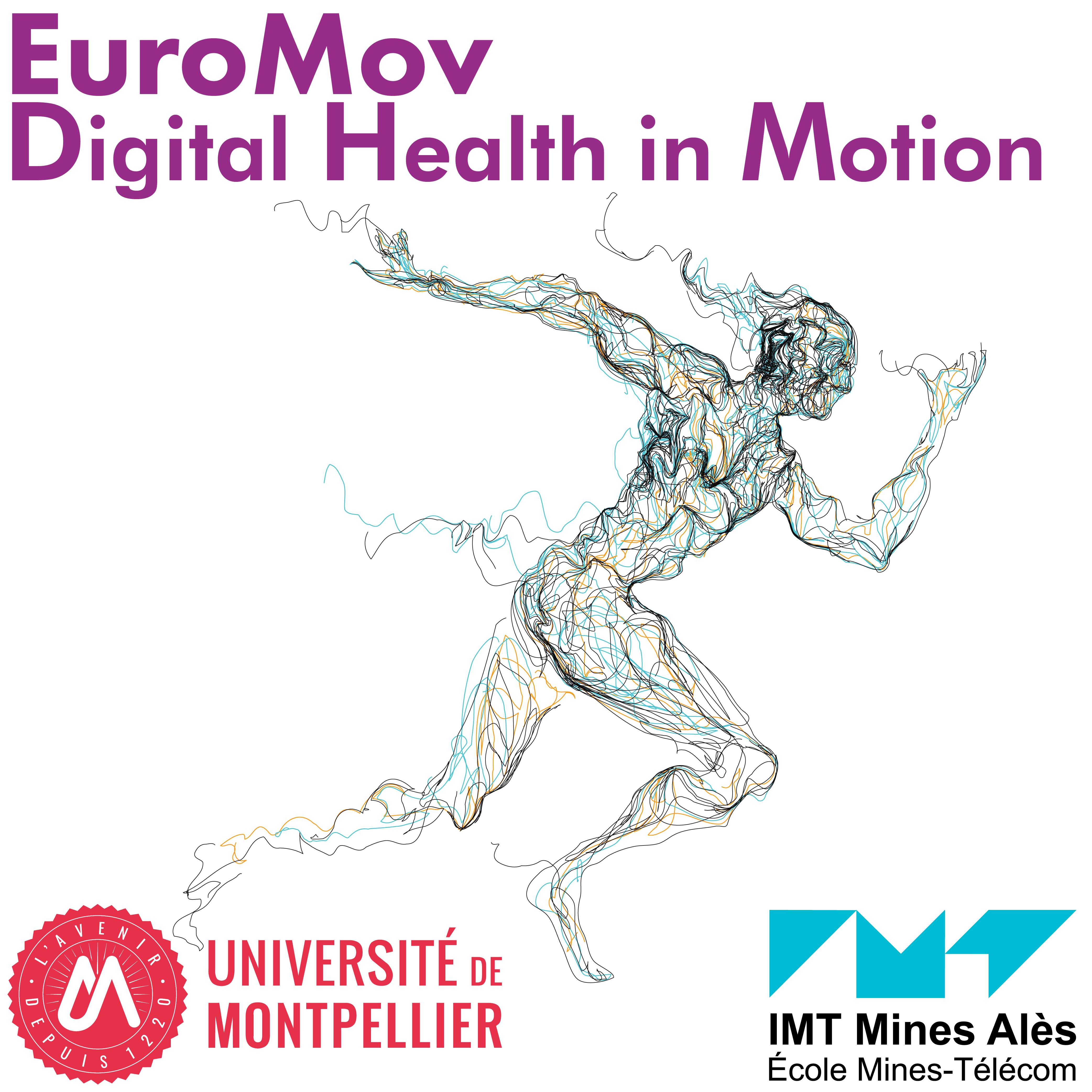RESEARCH PROJECTS
BEATPARK
BeatPark is a mobile musical application designed for the rehabilitation of patients suffering from Parkinson disease.
It is known that the gait impairments associated with Parkinson disease are alleviated by auditory cueing. Our ambition is to maximize these benefits with adaptive stimulations. Our application combines the pleasurable experience of listening to music with a reeducation program of gait which can be conducted in ecological conditions.
Objective :
BeatPark consists in remote sensors capturing patients’ footsteps, wirelessly connected to the smartphone running the application. An algorithm, developed and tested in the lab during the European FP7 project BeatHelath, controls the occurrence of musical beats respected to foot landing. Our theoretical approach relies on the modelling of the locomotor system as an oscillator whose the entrainability depends on its intrinsic properties (Damm et al., 2019). BeatPark architecture embeds the specificities of biological oscillators and ensures an optimal coupling between the musical beats and the patient’s steps (Dotov et al., 2019).
45 patients tested the usability and the safety of a rehabilitation program based on BeatPark during a preliminary study (Cochen De Cock V, et al., 2019). We are now in the process of recruiting 396 patients to quantify the potential benefits of BeatPark during a 4-week auto-rehabilitation program. The present clinical trial is coordinated by Clinique Beau Soleil and supported by the SATT AXLR, Air Liquide and France Parkinson. Patients will be recruited across 17 centres in France.
Euromov DHM researchers:
Benoît Bardy
Loïc Damm
Patrice Guyot
EuroMov DHM clinicians:
Dr Valérie Cochen de Cock
Dr Cécile Aerts
rearm
The ReArm project has 3 parallel aims :
Clinical sciences: 
The study aims to determine the added value of combining high-definition transcranial direct current stimulation (HD-tDCS) in a rehabilitation program based on virtual reality therapy (VRT) to potentiate the effects on neuroplasticity and further improve functional recovery of the arm in chronic stroke patients
Brain sciences:
The study aims to understand use dependant brain plasticity in people with stroke, both in terms of frequencies of cortical waves measured in functional EEG and in terms of activations of cortical regions measured in functional NIRS.

Data sciences:

The study aims to predict clinical efficiency, patient by patient, through advances in machine learning and multi-criteria decision analysis and by harnessing neurosciences and movement research to derive a biologically plausible and interpretable model.
Recovering arm function post-stroke using HD-tDCS and virtual reality therapy
MOVCAP
Movement sciences were born with the development of tools capable of providing objective measurements of the spatio-temporal characteristics of human movement.
In sport, these measurements reveal specific biomechanical constraints, and are the golden standard tool for the understanding of injury mechanisms and performance factors. Motion capture systems are currently based on fixed cameras whose multiple viewing angles allow the position of markers to be reconstructed in 3 dimensions.
Objective
The MOVCAP project aims to develop a mobile sports motion capture system embarked on a flying drone. The combination of high precision optical measurement with a mobile system slaved to the athlete’s position will allow unprecedented acquisition of kinematic data under ecological conditions, that is to say free from the physical constraints of the laboratory. This robotic tool will push back the current limits of motion capture by providing continuous, reliable and reproducible measurement of the kinematics of sporting gestures.
The development of this new tool presents high-level robotic, computer and mathematical scientific challenges that the EuroMov DHM (Montpellier University and IMT Mines Alès), LIRMM laboratories (Montpellier University) and the young innovative company Gambi-M have offered to meet with the support of FEDER.
PI EuroMov DHM:
Loïc Damm
Benoît Bardy
Baptiste Magnier
PI LIRMM:
Sofiane Ramdani
Robin Passama
Andrea Cherubini
PI GAMBI-M:
Jérémy Landrieu
